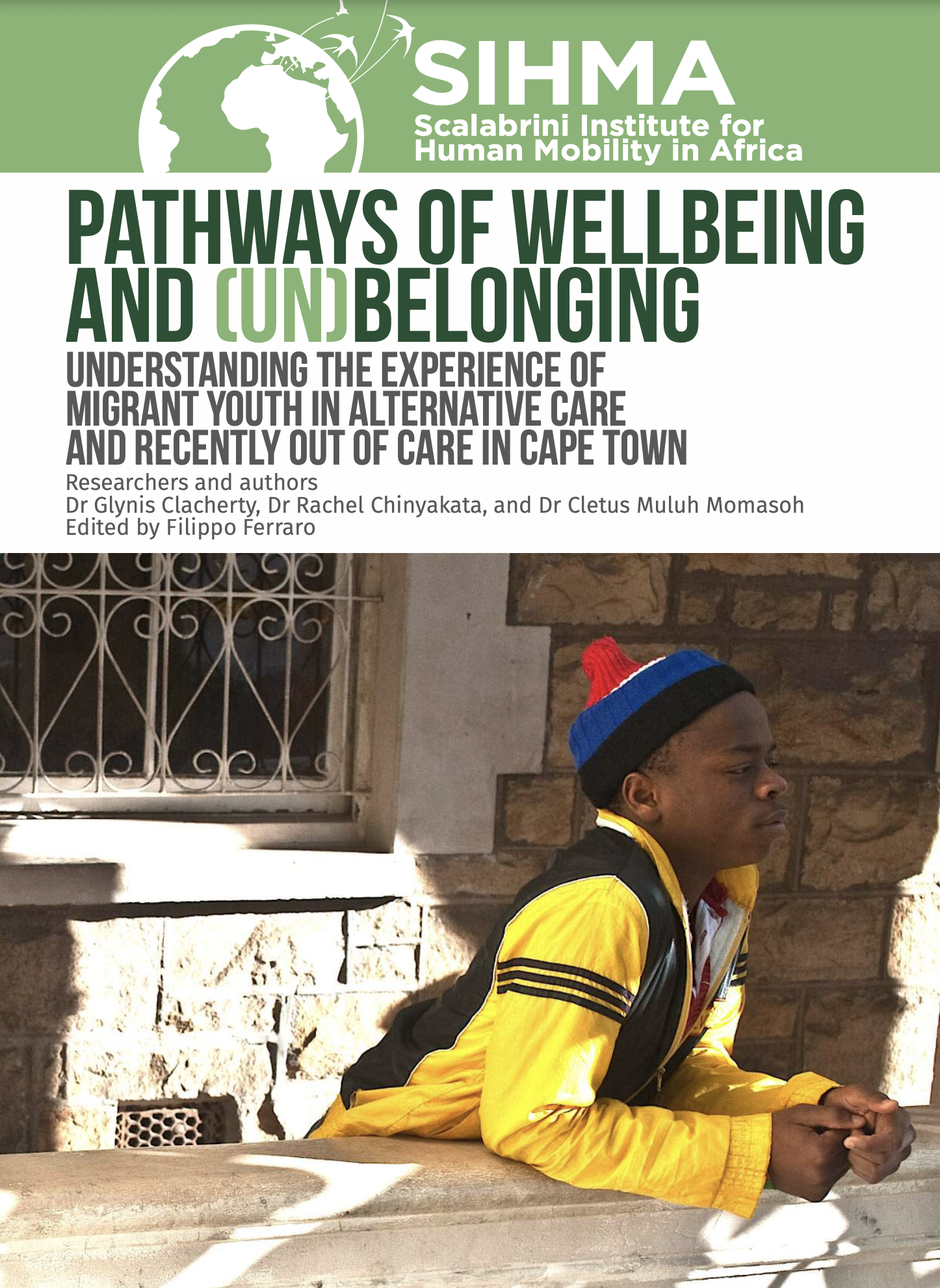
Presentation of the "Pathways of Wellbeing and (un)Belonging" report
SIHMA is proud to annunce the finalization of the "Pathways of Wellbeing and (un) Belonging - Understanding the Experience of Migrant Youth in Alternative Care and Recently Out of Care in Cape Town" report, written by Dr. Glynis Clacherty, Dr. Rachel Chinyakata, and Dr. Cletus Muluh Momasoh, and edited by Fr. Filippo Ferraro. The report's results will be launched on Thursday, September 26th, during the "The Need to belong: Pathways Towards Durable Solutions" conference in Cape Town. The conference will focus on documentation options, as well as on the situation of foreign children in alternative care, and on the importance of durable solutions for their well-being. By centering on their lived experiences, the conference aims to identify and advocate for policy solutions that prioritise the best interests of these children in a timely manner. The Commissioner for Children will be facilitating the engagement with child and youth advocates who are passionate about these issues.
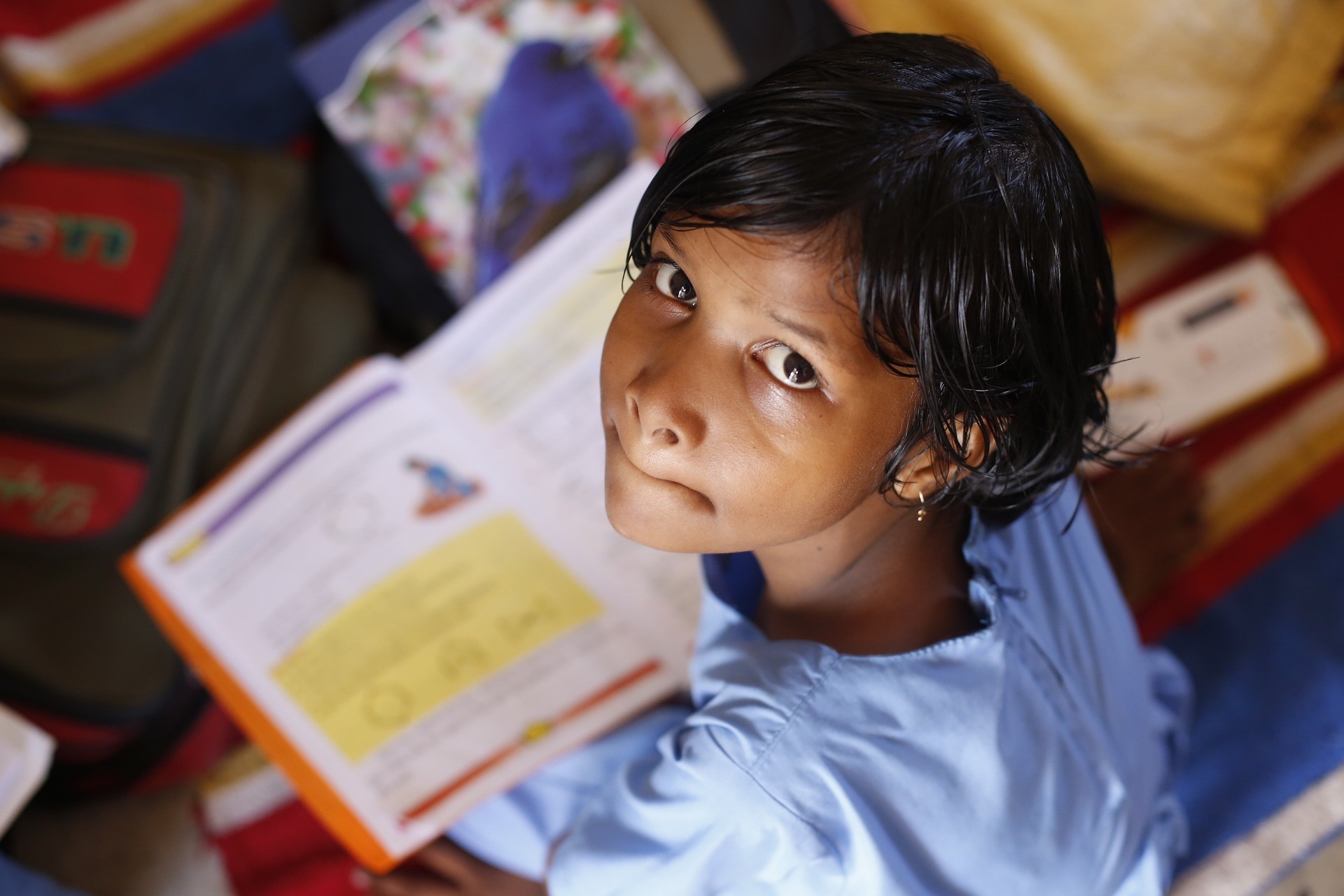
Image by AkshayaPatra Foundation from Pixabay.
Children and young people with experiences of migration in South Africa are building their lives in contexts of deep insecurity. This insecurity arises both from the precarity of livelihood and their legal status in South Africa, which is linked in turn to accessing the documentation that confers legality. Over the past few years, the Scalabrini Centre of Cape Town, Scalabrini Institute for Human Mobility in Africa (SIHMA) and other organisations like the Adonis Musati Project have conducted conversations and other interventions to investigate experiences of migrant youth in Cape Town. As part of this work, we conducted research exploring ‘belonging’ with a group of young migrants in Cape Town. Many came from government registered alternative care institutions, called Child and Youth Care Centres (CYCCs).
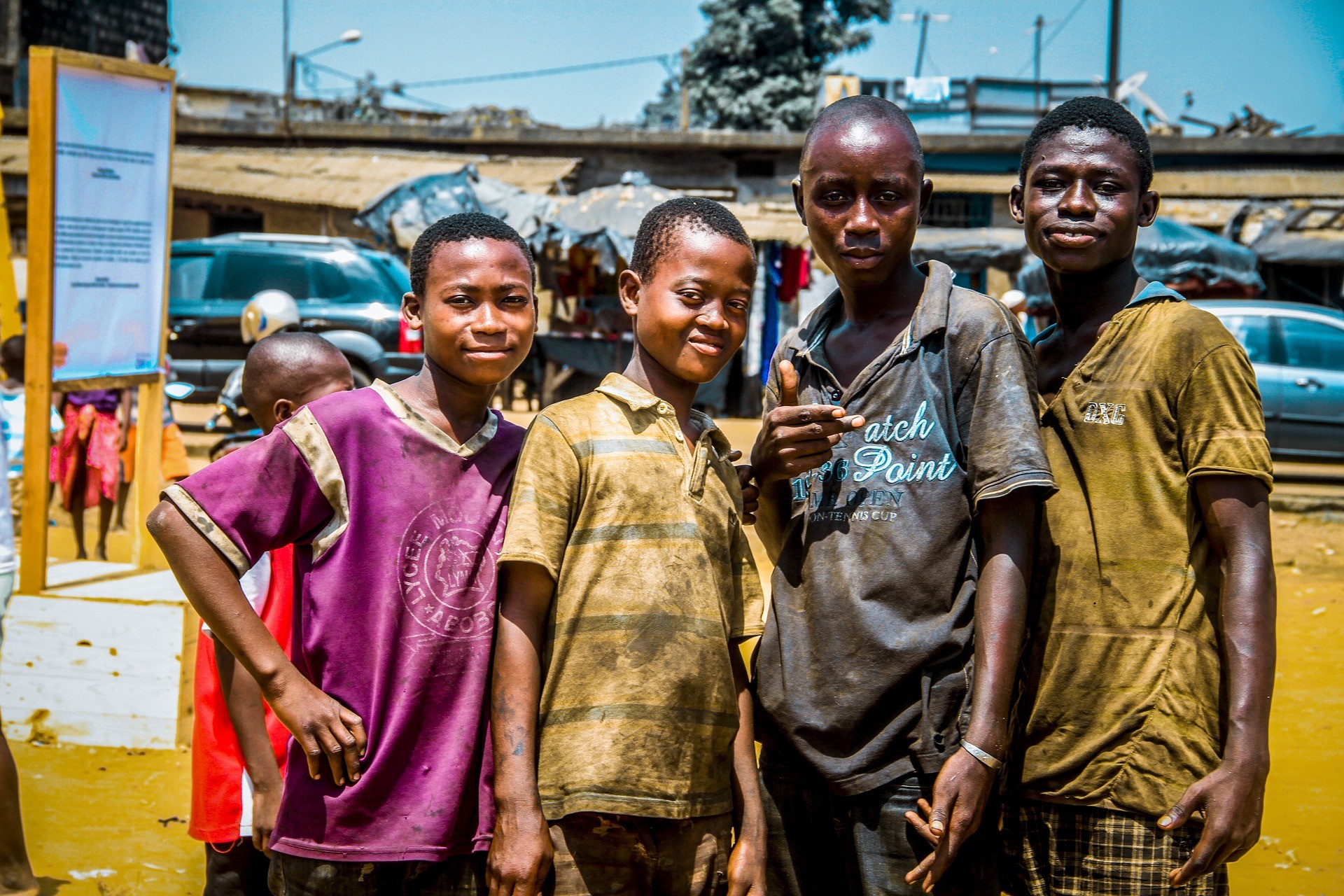
Image by kone kassoum from Pixabay.
On completion of this work, the motivation to continue research came from two sources. Firstly, the young participants asked that more space be given to young people in their situation to share their experiences. Second, previous studies expressed the need for further research with migrant youth who had left or were close to leaving alternative care institutions, a group that they saw as almost invisible in the literature and in South African Government immigration and child protection policies.
With the above in mind, this study set out to understand the experiences of young migrants leaving alternative care as they try to access documentation, how they live and the strategise around legal insecurity and what impact this has on their sense of identity and emotional wellbeing.

Image by kone kassoum from Pixabay.
Two groups of young people each participated in a two-day research workshop. One group had left alternative care and were aged from 18-25, the other was about to leave alternative care and were aged from 16-18. The sample focused on young people identified by three Child and Youth Care Centres in Cape Town as youth who were struggling to access documentation. Using a participatory art-based approach, the research privileged the young people’s own experience, giving them choice to represent their world in the way they chose. Working with an artist and a wealth of art material they made art-books around the theme of ‘My belonging story’. The young people could then choose to share what they had made in a group discussion. This discussion was audio recorded, transcribed and then used as data for analysis.
Searching for identity and belonging
The themes that emerged allow an understanding of how both past and present experiences impact on young people’s sense of identity and belonging and their emotional wellbeing. The experience of abandonment and abuse that led to them being placed in alternative care had a huge impact on their sense of themselves and their ability to cope with growing into adulthood. Although they had found ways to cope with this vulnerability through finding good friends, playing sport, spending time with siblings, listening to music, reading and journaling, the past had deeply affected their sense of ‘belonging’.
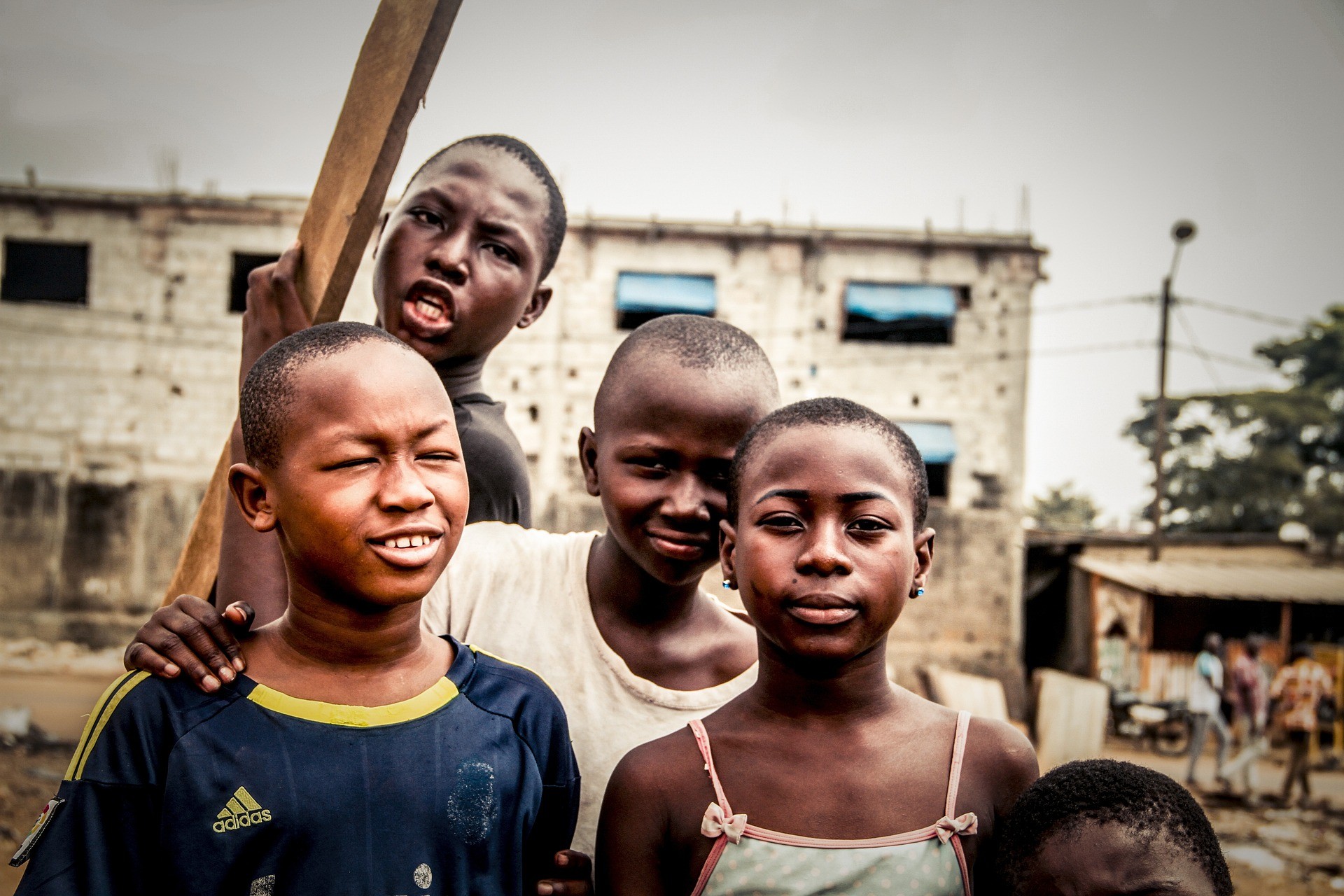
Image by kone kassoum from Pixabay.
Alongside their past experiences they also had to cope with being an outsider at school and in the community. They described how everyone they met asked ‘where are you from?’, confirming that they did not belong in South Africa. They were also frequently bullied at school, both verbally and physically. This experience of being labelled as outsider left them “always searching, searching for where I belong”. Once they had been placed in alternative care they acknowledged that though they were safe and supported they, understandably, still wished to be part of a family.
The issue with documentation
In relation to documentation, all their narratives included stories of how they had left care at 18 without full legal documentation. For some, the care staff had taken action to access documents, but the process was so complex and so slow that they had turned 18 before any documents giving them legal status had come through. Others described how alternative care staff had neglected to help them access documentation before they turned 18, often only turning to the issue once the young people were due to leave care. They described the practical impacts of not being documented. Their wishes to get a bursary, a driver’s license, a “good job”, for example, were all denied. The older group who had experience of attempting to overcome these difficulties expressed frustration, anger and even desperation at their inability to live a life like a normal “human being”.
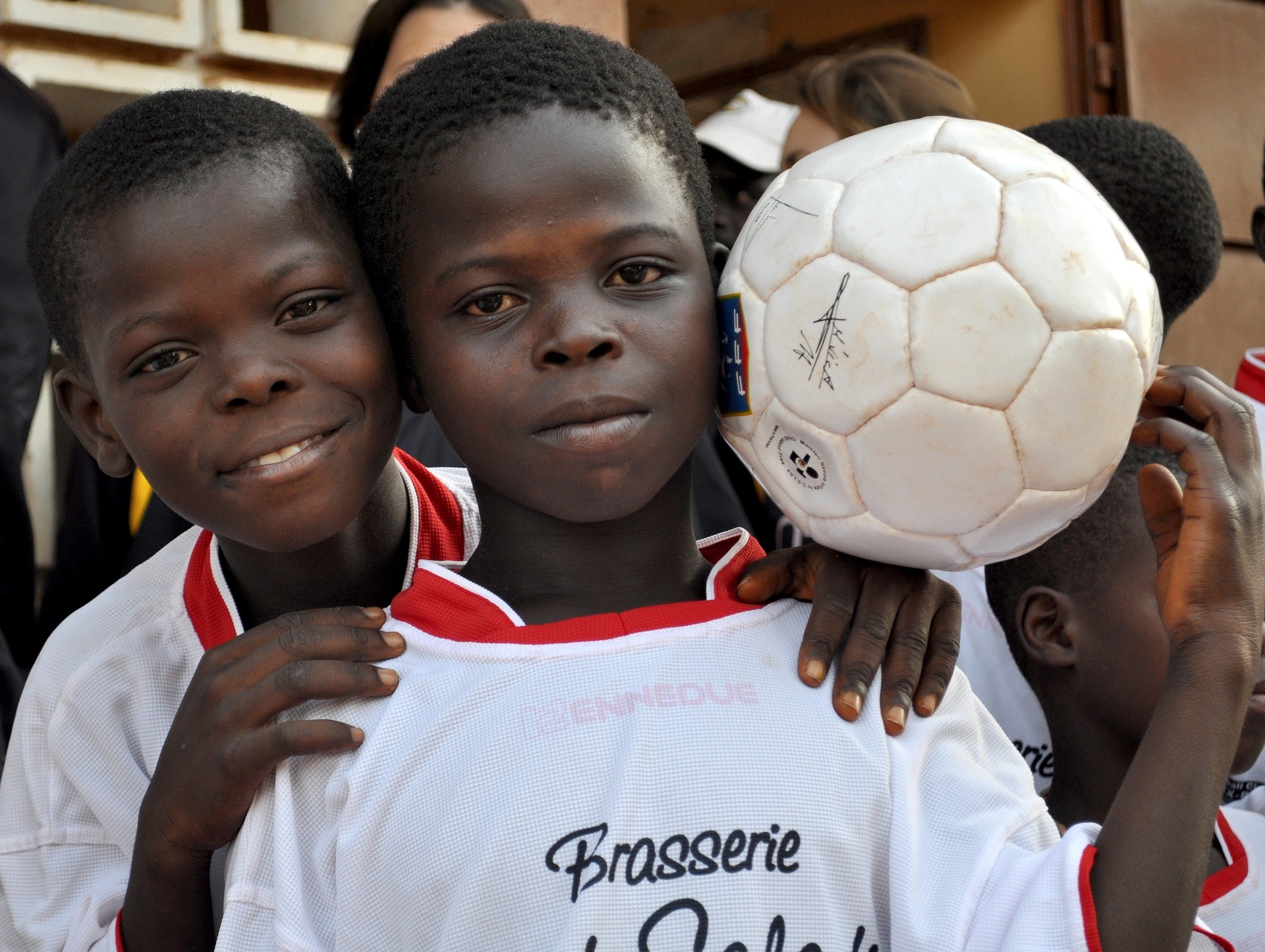
Image by Messan Edoh from Pixabay.
This was exacerbated by their experience of constant delay and the overt discrimination they encountered when trying to access documents at the Department of Home Affairs. The emotional impact of non-documentation emerged as a dominant theme. They felt “invisible”, like a “ghost”, in a “dark hole”, like an object – “a book that is just moved around”. In describing their lived experience, the young people who participated in this study provide us with a rich and textured narrative of young migrants leaving care. Alongside their ability to find ways to cope with their difficult reality they help us understand how vulnerable they are both practically and emotionally because they are invisible in law and policy, they have essentially been “lost in care”. Finally, the study highlights how important it is to add our voice to present civil society advocacy to address the legal status of migrant children taken into government care.
Categories:
- Advocate's Migration Brief
- Articles
- Children On The Move
- Event
- Human Rights
- Migrants
- Migration In Africa
- Migration Policies
- Report
- Research
- Research Project
- Rights
- SCCT
- SIHMA
Tags:
- Social Innovation
- Migration Governance
- Human Capital
- Return
- Refugee Crisis
- Gender
- South Africa
- Refoulement
- Immigration Policy
- Security
- Migration Management
- Conflict
- Entrepreneurial Economies
- Informal Sector
- #HumanRights
- #ScalabriniCenter
- SIHMA
- #ChildProtection
- Documentation
- #Belonging
- #YouthWellbeing
- #AlternativeCare
- #MigrantYouth

